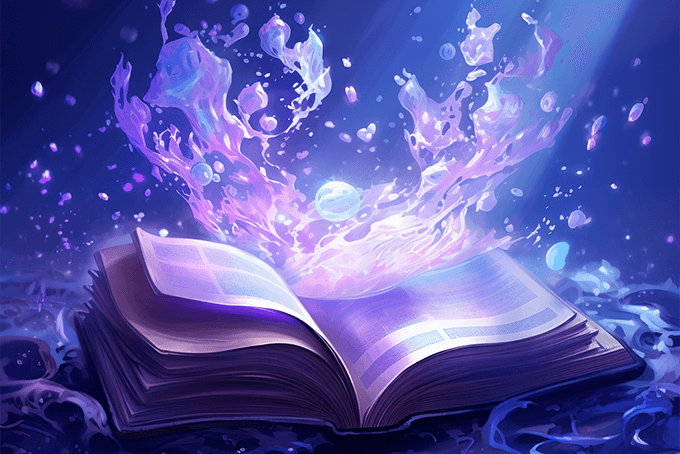A reader from India posted a question on our Constructivism page, asking how constructivism would be applied to a poetry class. Let’s imagine that a teacher were interested in teaching students the poetry of Shakespeare. Constructivism would challenge the teacher to:
- assure the students draw from their experience to relate to the poem
- keep a larger context, where they don’t just break down the poem into small pieces but keep the ‘whole’ in mind
- somehow, someway learners get involved in constructing their own poems and through them, find a way to relate to the poems being taught
This activity is easier if students are allowed to select their own poems. Ideally students would be offered a large variety of poems to choose from so they could select the ones that most relate to their experience. If the poems of Shakespeare were the subject, then perhaps students can draw from Shakespeare the poetry that best matches their lives. Students interested in leadership might select Henry V, and the romantics might choose from Romeo and Juliet or the sonnets.
Let’s make it harder though and assume that you want to teach the famous ‘To be or not to be….” soliloquy from Shakespeare. If you want to try a constructivist approach, what you don’t want to do is dissect the passage, explaining each line as you go. A more constructivist approach might be to:
- ask students to describe a situation in their life where they felt alone and at conflict
- have each student write about that feeling
- work with students to convert their passage into something that matches a shared understanding of ‘poetic.’
- then describe for them what Hamlet was feeling just before the speech begins, and ask the students how they feel Hamlet might react
- review the students posts and challenge them to revise the passage to get either closer to Hamlet’s, or to at least understand how their version is different than his
Recognize that steps 4 and 5 above in particular could take a long time to work through. The teacher’s goal is to guide the student into discovery. Hard to do, and time consuming and standard curriculum don’t often allow this luxury. If you have limited time, adapt what you can.
And remember, constructivism is an excellent approach to learning but not the only approach. As an instructor you are an artist, tasked to come up with the best method to teach a topic at a given time.
Thoughts? Other ideas?



